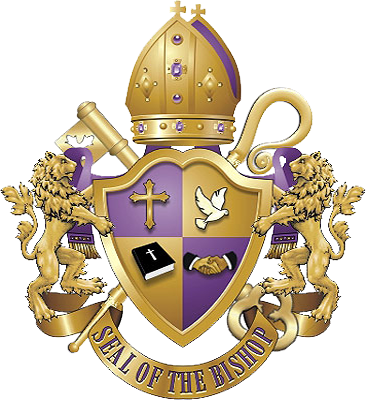The Apostolic Fathers were a group of early Christian writers who lived in the first and second centuries AD and were believed to have direct or indirect connections to the apostles, the original twelve disciples of Jesus Christ. Their writings hold significant importance in church history as they provide valuable insights into the development of Christian doctrine, the organization of early Christian communities, and the challenges faced by the early Church.
The Apostolic Fathers include prominent figures such as Clement of Rome, Ignatius of Antioch, and Polycarp of Smyrna. Their writings, which consist of letters, epistles, and theological treatises, offer a glimpse into the post-apostolic period, shedding light on the practices, beliefs, and concerns of the early Christian communities.
One of the key themes in the writings of the Apostolic Fathers is the preservation of apostolic tradition and the defense against emerging heresies. They emphasized the importance of maintaining doctrinal purity and unity within the Christian communities, often providing guidance on issues such as ecclesiastical order, moral conduct, and the proper interpretation of scripture.
Additionally, the Apostolic Fathers played a crucial role in shaping the structure of the early Christian Church. Their writings reflect the establishment of a hierarchical order, with bishops, presbyters (priests), and deacons emerging as distinct roles within the Christian communities. The development of the episcopal structure, along with the emphasis on apostolic succession, became foundational elements in the organization of the Church.ere...
Mini Course

Comments are closed.